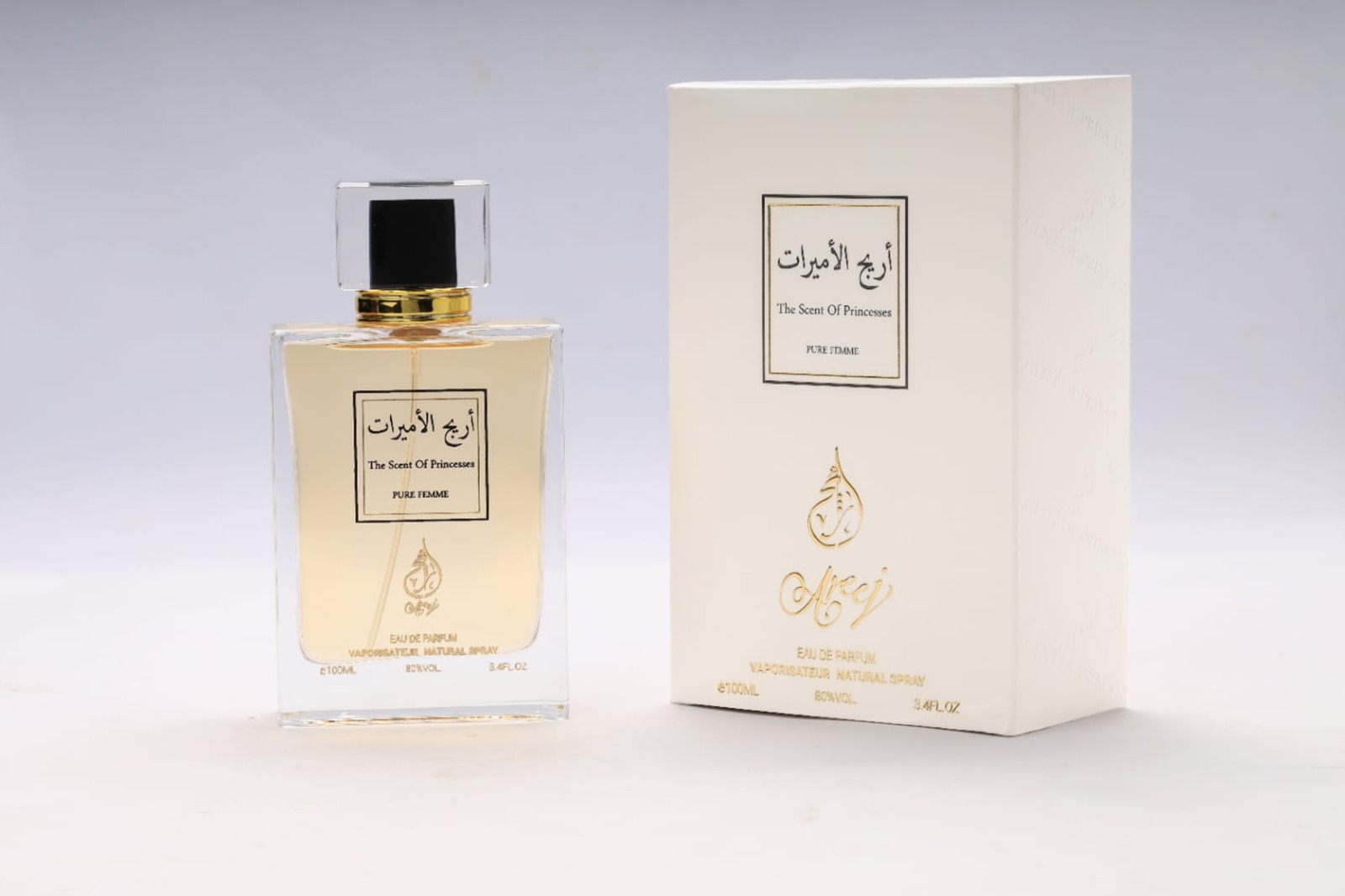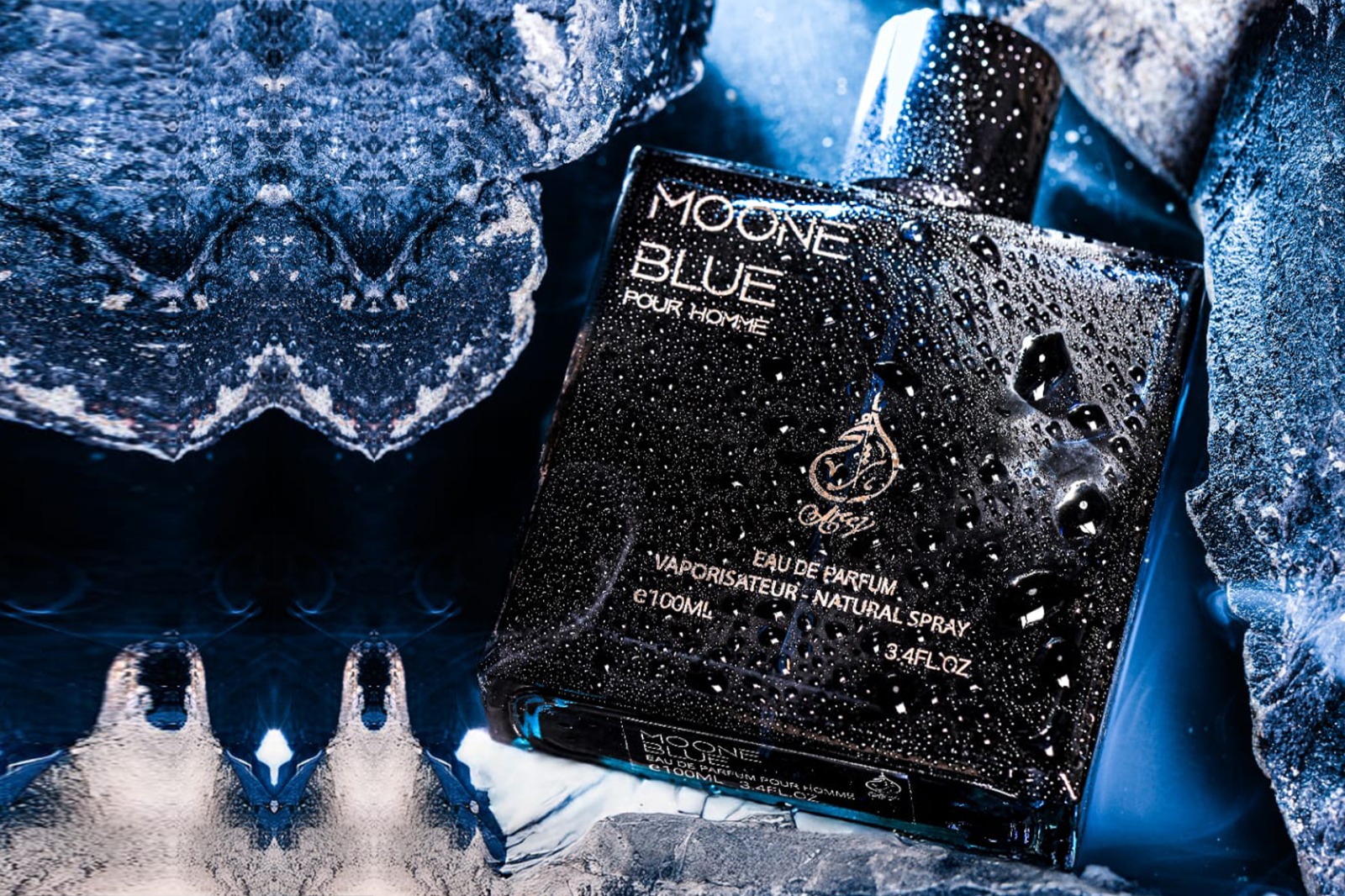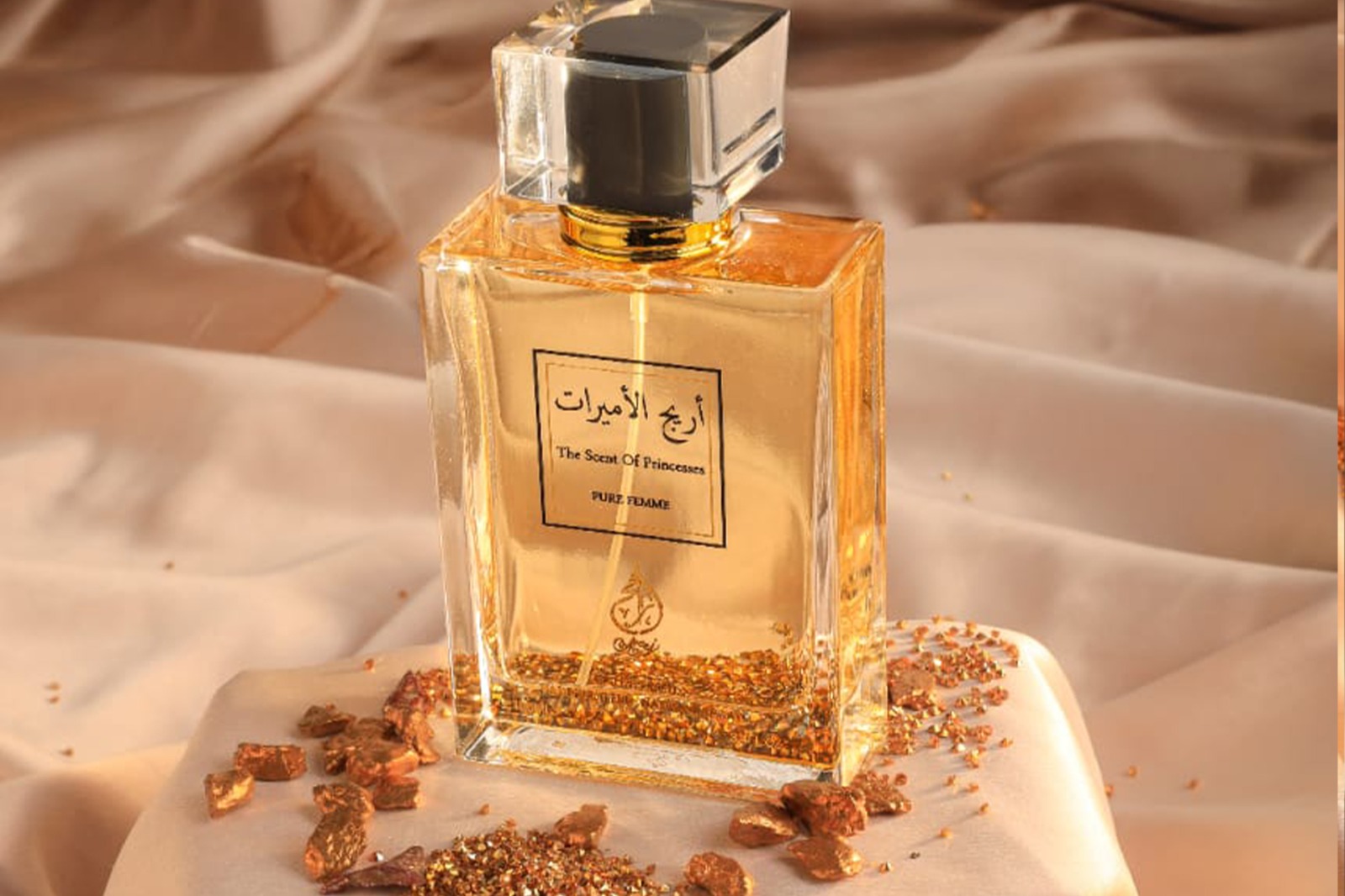
Perfume is often described as invisible art — a silent form of expression that speaks directly to our senses. While words rely on language, fragrance communicates through emotion, memory, and instinct. This makes it a uniquely powerful medium that can transcend cultural and linguistic barriers.
Each scent carries a message. A warm, woody fragrance may convey strength and depth. A fresh citrus blend suggests energy and optimism. Soft florals often evoke romance and delicacy. These impressions aren’t random; they are deeply rooted in human psychology and cultural associations.
The way we respond to scent is both personal and collective. While your favorite perfume may remind you of a loved one, others may associate it with a different place or feeling entirely. This subjective nature of fragrance allows it to become a mirror of the wearer’s personality and mood.
Moreover, perfume can set a tone or influence the atmosphere. It can boost confidence before a meeting, soothe anxiety in stressful moments, or enhance intimacy during quiet evenings. This is why many people see their fragrance not just as an accessory, but as part of their emotional wardrobe.
Perfumers, much like poets or musicians, use their “language” — made of notes, accords, and ingredients — to craft compositions that touch the soul. Understanding fragrance as a form of communication enriches our appreciation for its artistry and its impact on human connection.




